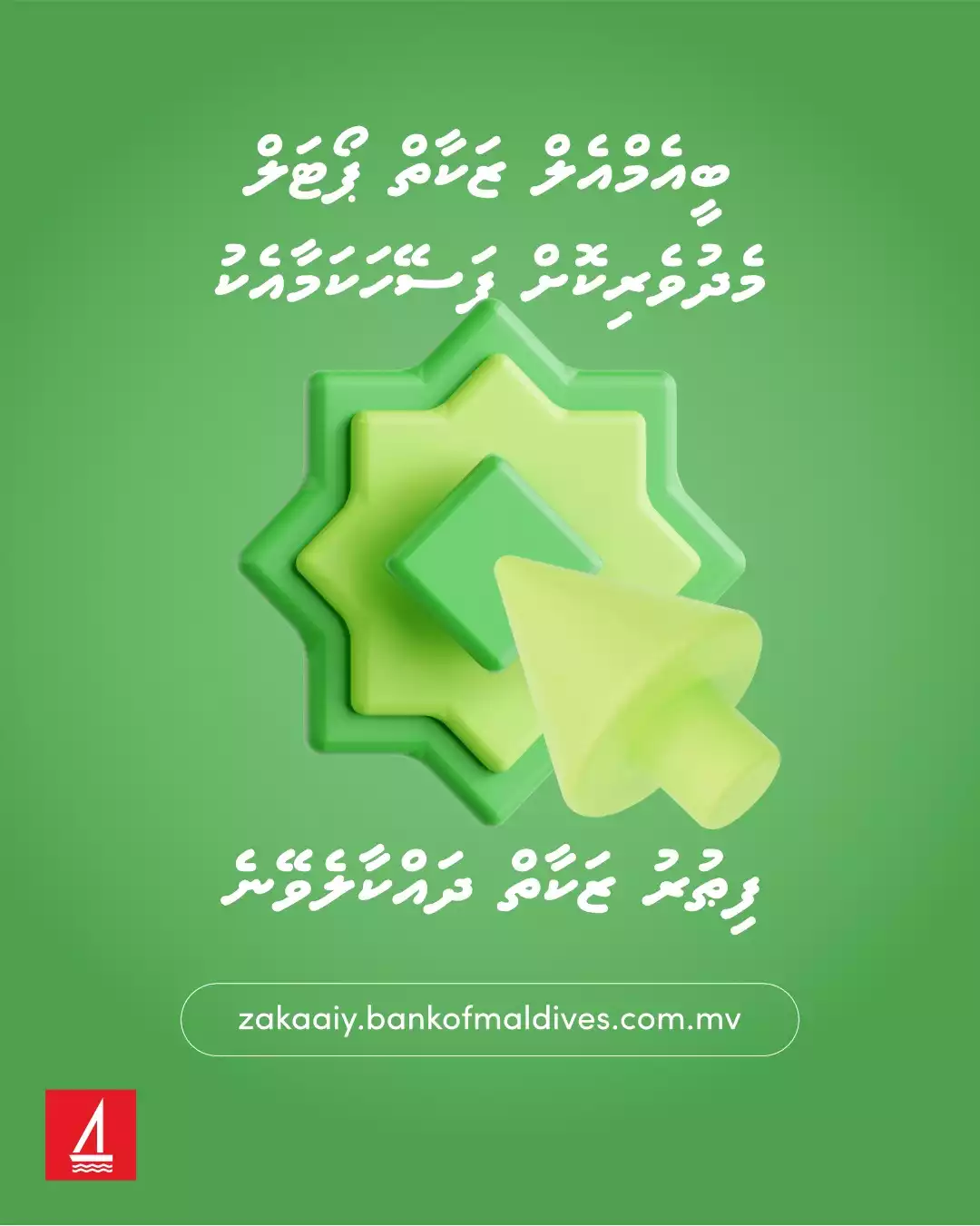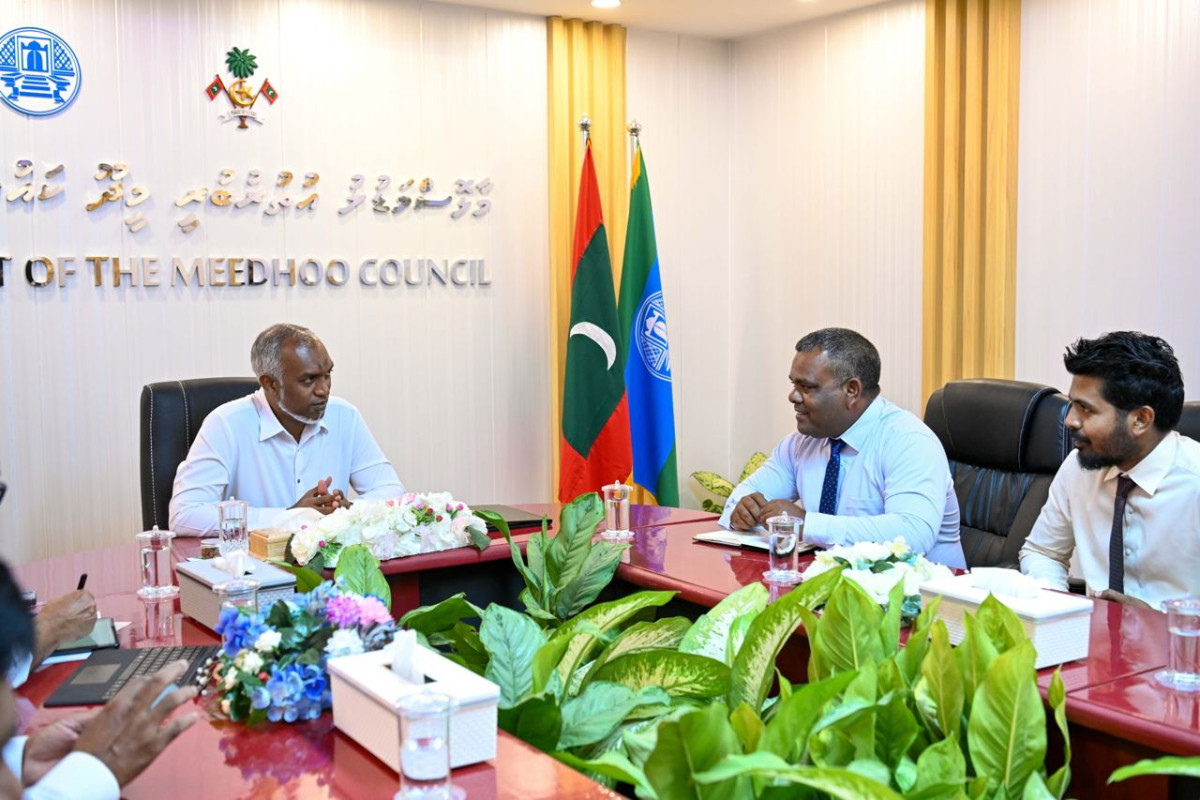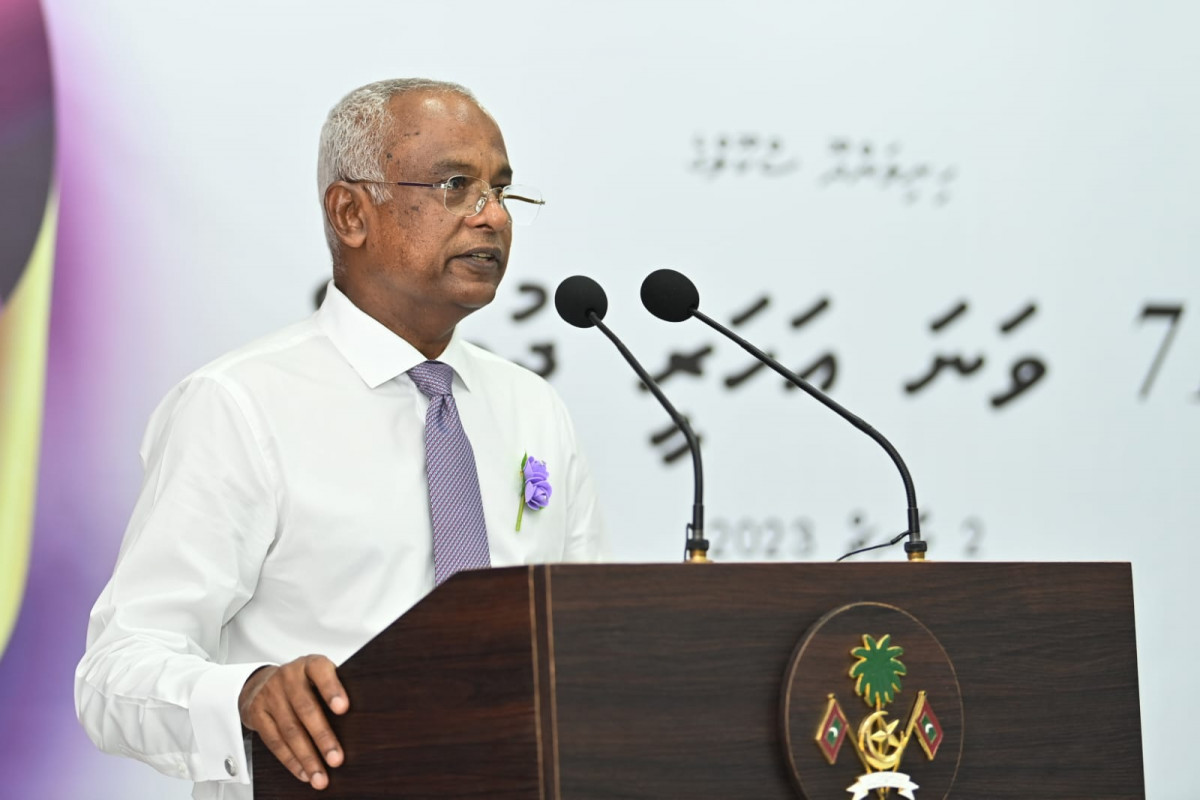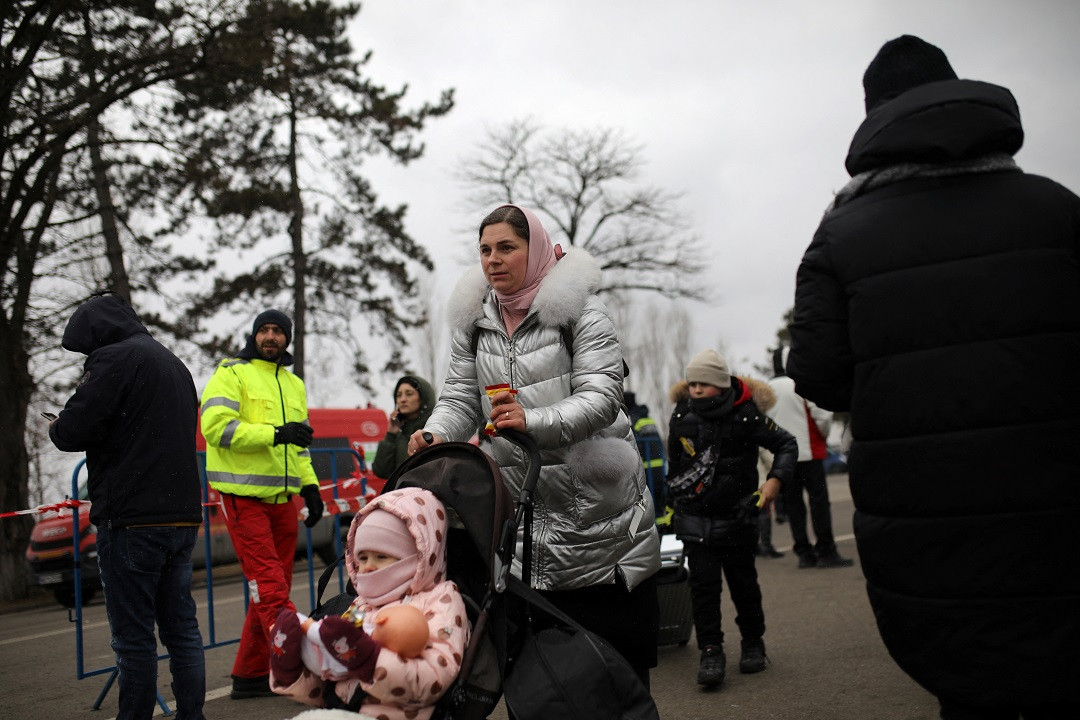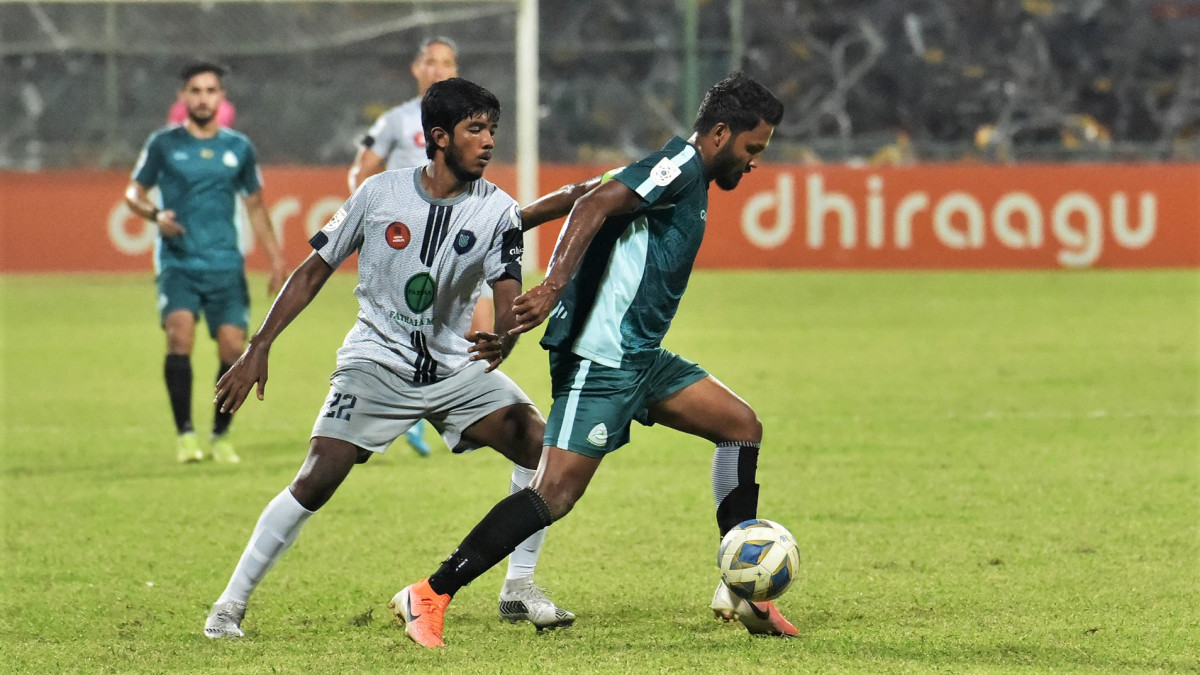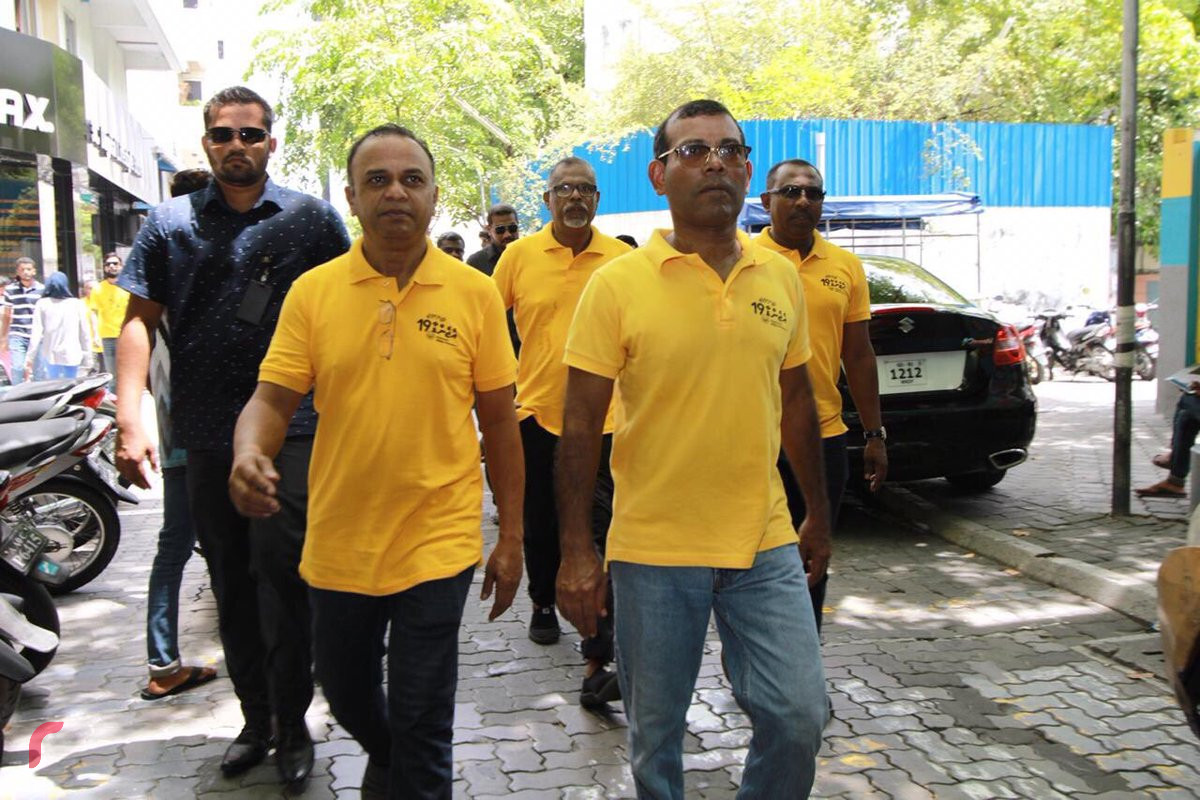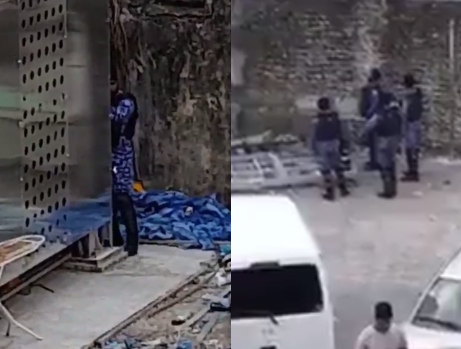Maldives removed from US State Department's Trafficking in Persons watch list
While Maldives was initially upgraded to Tier 2 in 2017, the country was put back on the watch list the next year

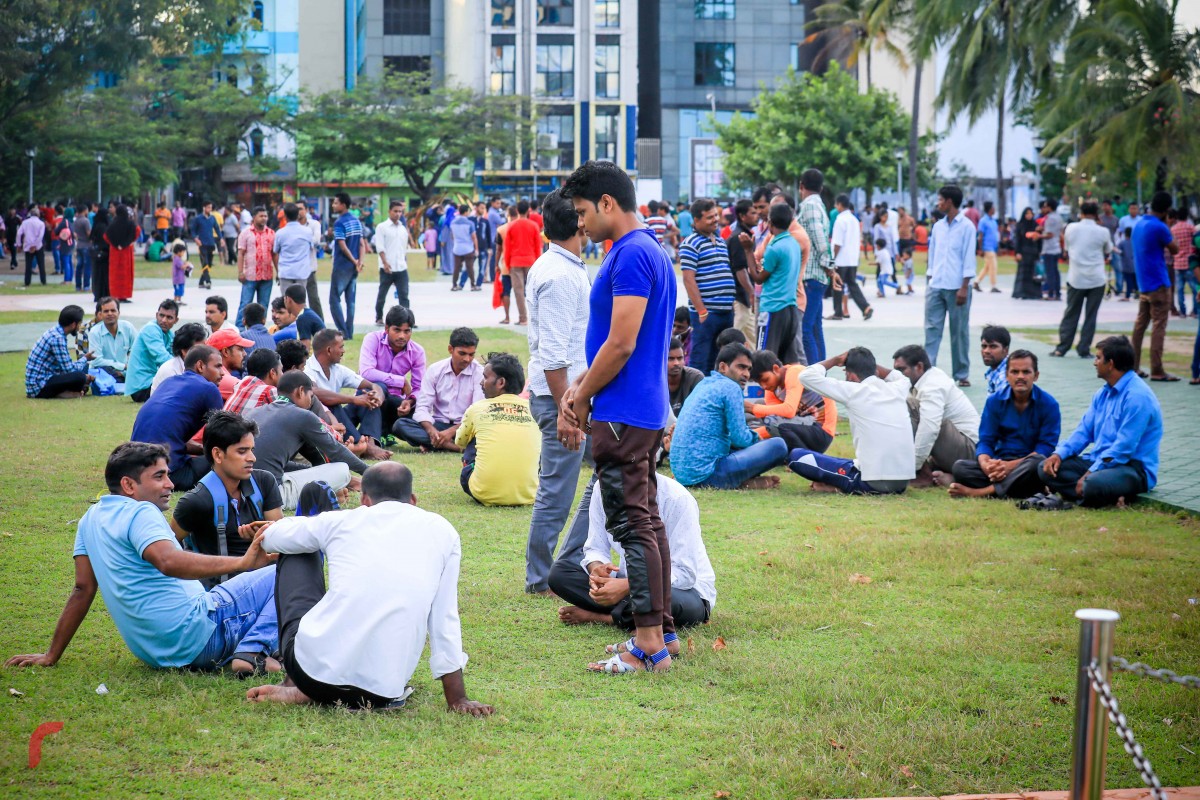
Migrant workers enjoying holiday at a local park in Male'; migrants who dominate the workforce "face a range of entrenched abuses from employers" - Human Rights Watch
Maldives has been removed from the United States' State Department Trafficking in Persons (TIP) Tier 2 watch list.
The U.S. State Department Office issues the report ranking governments based on their perceived efforts to acknowledge and combat trafficking in persons.
While Maldives was initially upgraded to Tier 2 in 2017, the country was put back on the watch list the next year.
The incumbent government passed the Maldives National Anti-Human Trafficking Action Plan 2020 – 2022 on 25th February 2020, which includes revision of the Prevention of Human Trafficking Act, and the country was able to remain in the Tier 2 watch list without dropping to Tier 3 last year.
The State Department ranks countries in Tier 3 for failing to comply with the minimum standards for eliminating trafficking or make significant efforts to comply. A Tier 3 ranking could affect the country’s access to some U.S. aid.
The 2021 TIP Report states that Maldives was upgraded to Tier 2 for the “overall increasing efforts compared to the previous reporting period, considering the impact of the Covid-19 pandemic on its anti-trafficking capacity”.
The TIP Report highlighted action taken by the government to prevent and combat human trafficking include,
The report highlighted that the government had investigated two trafficking cases involving seven individuals but that it did not initiate any new prosecutions or convict any traffickers during the reporting period. During the previous reporting period, it investigated two trafficking cases and 27 potential labor trafficking cases, prosecuting one case, and convicting two traffickers. The report noted that “the fall in numbers was due in large part to the government’s need to reallocate a significant amount of financial and human resources away from nearly all aspects of its operations to focus on the pandemic”.
According to the report, Maldives police continues to investigate 27 recruitment agencies noted in the 2020 TIP Report while the PG Office continued to prosecute four cases from previous reporting periods.
Noting that addressing the cause and effects of human trafficking is a priority for the Maldives, Foreign Minister Abdullla Shahid described the upgrade as “a clear acknowledgment of efforts to eliminate trafficking, promote human rights and rule of law”.
The report also notes that the Maldivian government "did not meet the minimum standards in several key areas” including “erroneously considering trafficking as a crime only involving migrant workers and failing to properly investigate or charge cases involving Maldivian nationals.”
Further, it said that "despite continued reports of trafficking indicators among migrant workers, including non payment of wages and passport retention, the government identified only two victims during the reporting period" as well as that authorities arrested some possible victims without screening them for trafficking indicators who remained in detention till the end of reporting period "despite NGOs calling for their identification as victims and subsequent release." The report highlighted that the government "did not hold employers or recruitment agencies accountable, by filing any charges against them despite sustained reports of labor violations."
